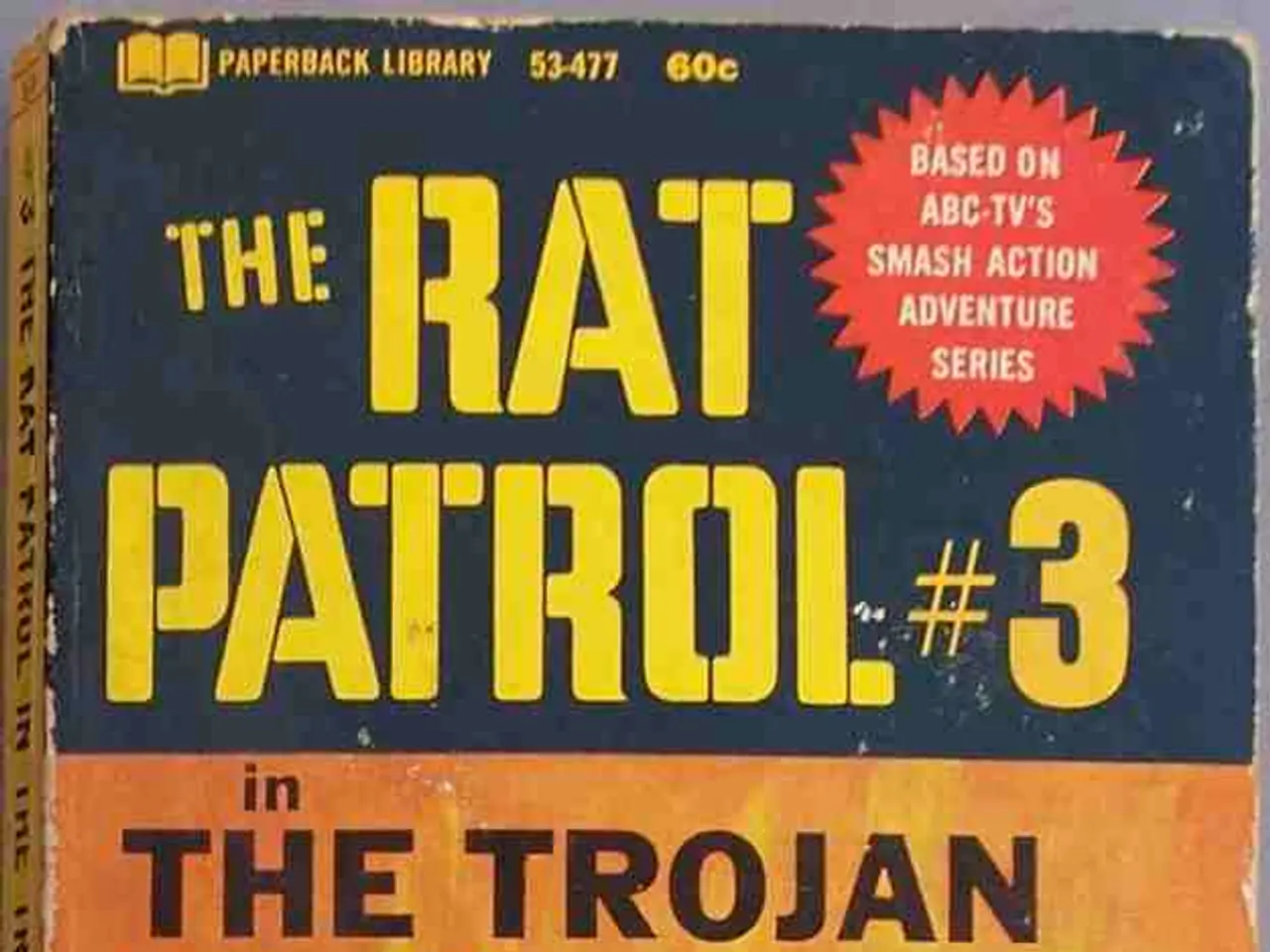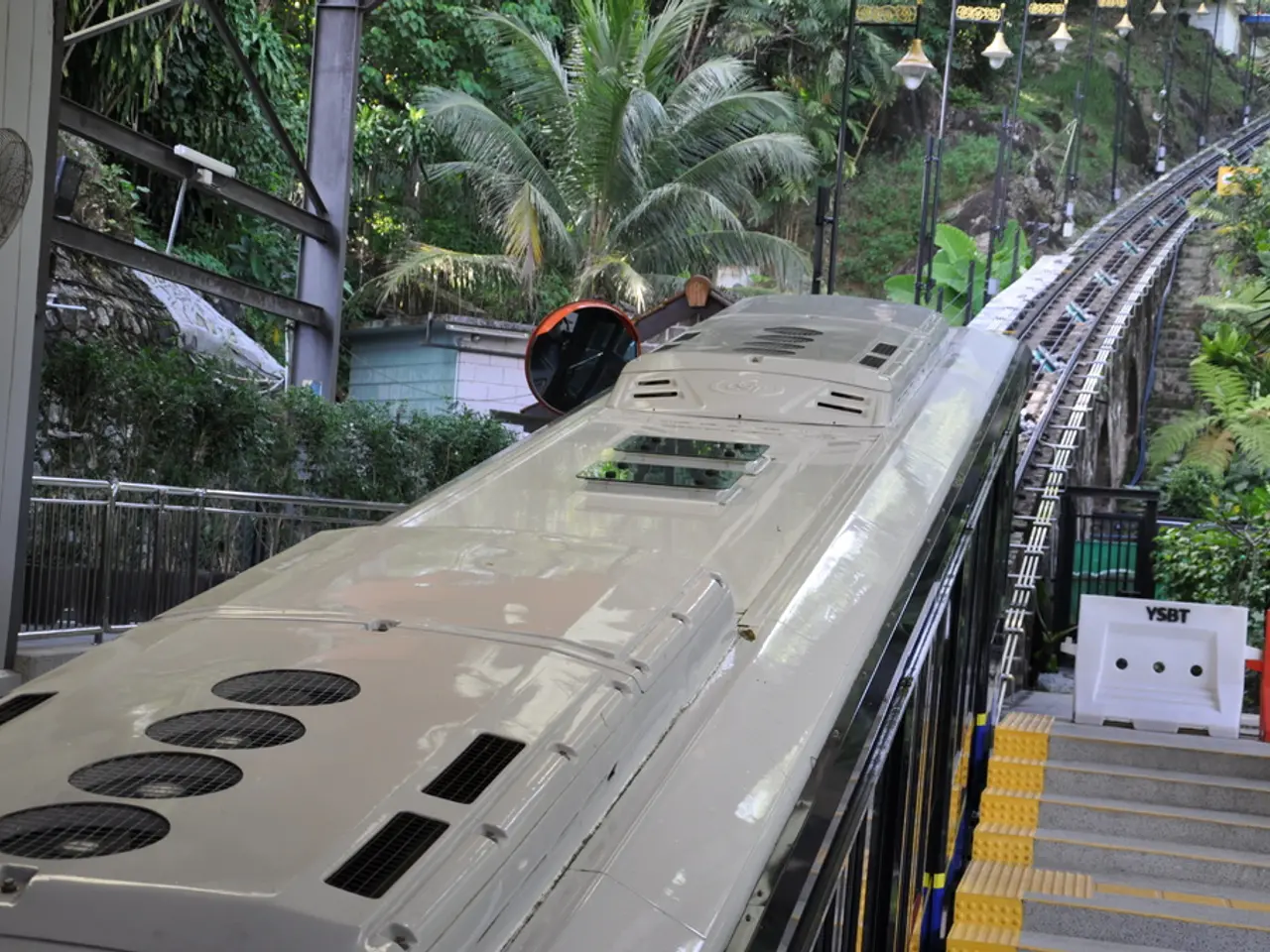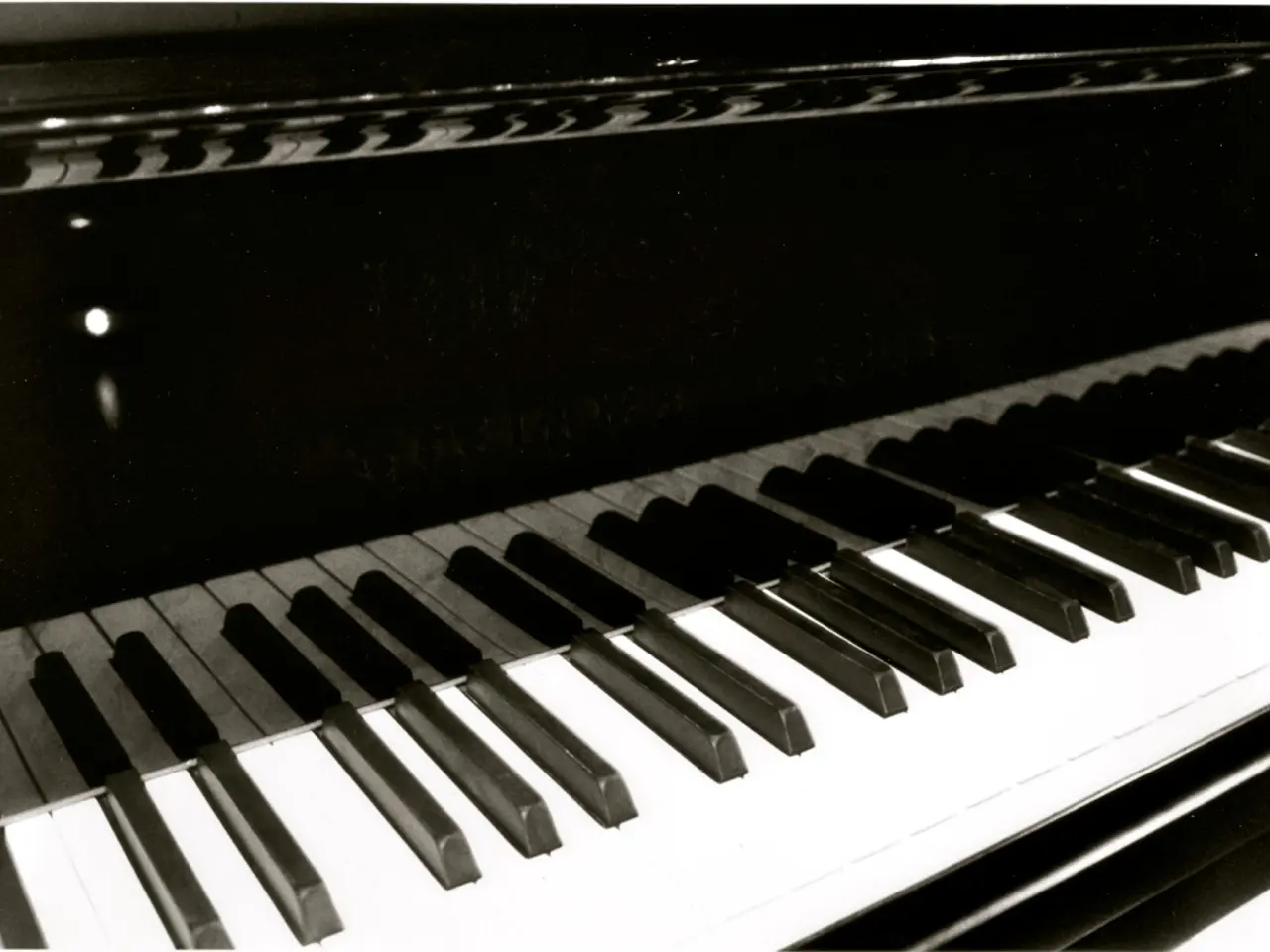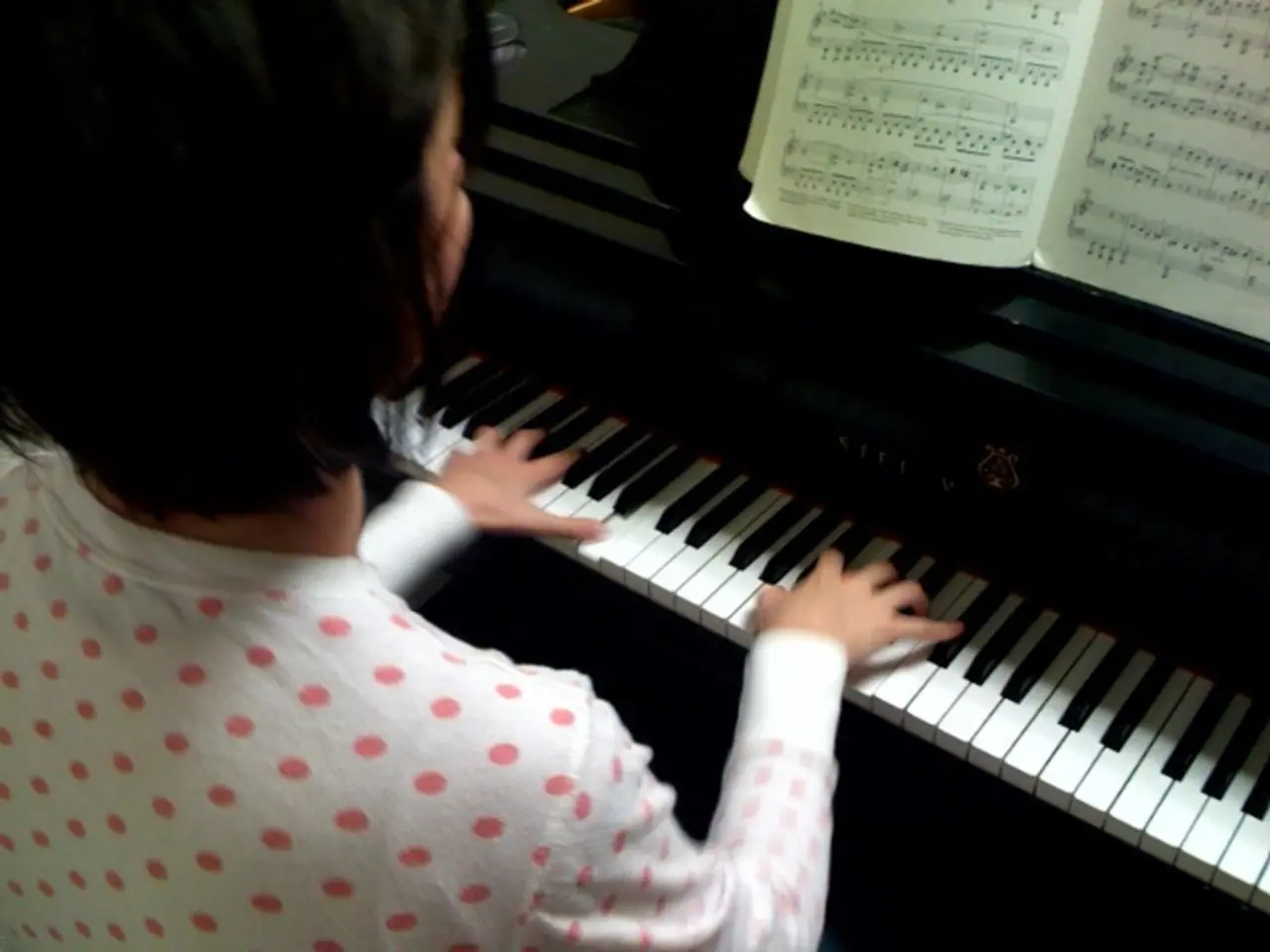Vietnam dismissed false allegations, reiterates joint efforts with the U.S. in resolving wartime missing persons cases
The search for missing American personnel from the Vietnam War continues to be a significant humanitarian effort, with Vietnam and the United States collaborating closely to recover, identify, and repatriate the remains of over 750 U.S. servicemen [1].
This partnership, which began shortly after the 1973 Paris Peace Accords, has been a fundamental building block to the strong partnership between the two countries. The U.S. Defense POW/MIA Accounting Agency (DPAA) regularly collaborates with the Vietnamese Government, local authorities, and communities to conduct searches and recovery missions [1].
Recent examples of this cooperation include the handover of the remains of three U.S. servicemen at a ceremony in Da Nang in July 2025, which underscores the continued commitment on both sides [1].
Vietnam's MIA cooperation has always been acknowledged and highly appreciated by the U.S. side, and is regarded as a model of international cooperation. Both countries actively maintain and expand these programs to address the legacy of the war, with support from U.S. Congress and governmental bodies to strengthen ties and fund recovery operations [1][2][3][4][5].
The U.S. official emphasized that the search for, recovery, and identification of the missing personnel is a solemn and sacred obligation for the U.S. [1]. Over the last 10 years, this collaboration has led to the identification of 35 missing personnel [1].
The DPAA has deployed more than 97 investigation teams and 167 recovery teams to Vietnam to work alongside its Vietnamese partner since 2015 [1]. The results of this cooperation have contributed to promoting bilateral cooperation in war legacy issues and serving as vivid evidence of humanitarian spirit, helping to build and strengthen mutual trust and friendship between Vietnam and the United States [1].
It is worth noting that 19 of the identified missing personnel were found through joint field work, one was found from a U.S. partner mission, and 15 were found from Vietnamese sources [1].
In a June report, the Ministry of Foreign Affairs of Vietnam refuted assessments that were described as "distorted, false information" regarding the effectiveness and sincerity of its MIA cooperation [3]. The spokesperson, Pham Thu Hang, emphasized Vietnam's firm rejection of these claims and its dedication to this humanitarian mission [3].
The Joint Statement on elevating Vietnam-US relations to a Comprehensive Strategic Partnership for Peace, Cooperation, and Sustainable Development, reached during U.S. President Joe Biden's visit to Vietnam in 2023, emphasizes the commitment of both nations to continue to fully cooperate in this area [5].
In conclusion, the cooperative search for U.S. MIAs in Vietnam represents a longstanding, ongoing, and officially lauded humanitarian effort that facilitates the recovery, identification, and respectful repatriation of American war dead, with robust governmental support from both nations [1][2][3][4][5].
- The U.S. government is engaged in continued collaboration with Vietnam's government to labor for the recovery, identification, and repatriation of missing American personnel from the Vietnam War.
- In politics, the cooperation between the two countries over MIA recovery has been a significant factor bolstering their relationship, with support from governmental bodies.
- This longstanding effort, described as a model of international cooperation, has been a fundamental endeavor in addressing the legacy of war-and-conflicts.
- Artificial Intelligence (AI) has not been directly involved in this humanitarian effort, but its potential applications in future research could potentially aid in these recovery missions.
- The law regarding war-crimes and humanitarian issues plays a crucial role in this effort, with both countries adhering to international agreements and maintaining a firm dedication to legal conduct in this general-news-related matter.







